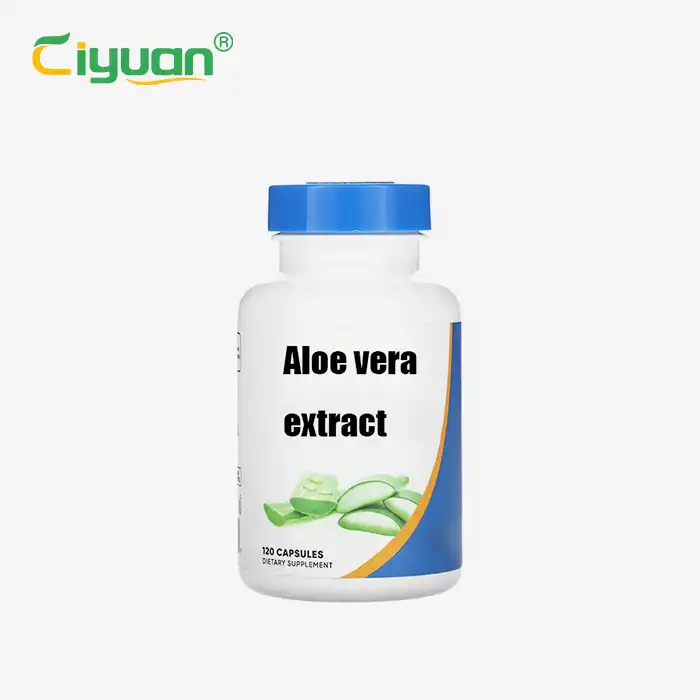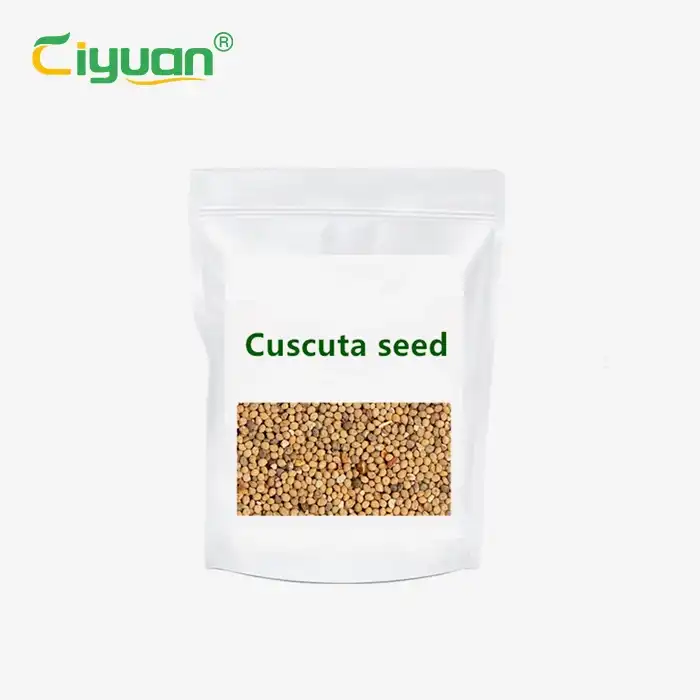What is the benefit of Cistanche Tubulosa Capsules?
 2025-08-05 09:51:04
2025-08-05 09:51:04
Introduction
Cistanche Tubulosa Capsules have mild medicinal properties, hence the name Cistanche deserticola. Cistanche deserticola Ma is a tall herbaceous plant of the genus Cistanche in the family Orobanchaceae [1]. Most of Cistanche deserticola grows underground, with stems tapering from bottom to top. The leaves are broadly ovate, with the upper part of the stem being sparser and narrower, generally lanceolate. The inflorescence is spike-shaped, with petals often curling outward at the edges, pale yellowish-white or lavender, often turning brown after drying. The fruit is ovoid. The seeds are elliptical or nearly ovate, with a reticulated, shiny outer surface. The flowering period is May to June, and the fruiting period is June to August [2].Cistanche deserticola is mainly distributed in Inner Mongolia, Ningxia, Gansu, and Xinjiang in China [2]. Cistanche prefers soft sandy land with slight salinization. It generally grows in sandy land or semi-fixed sand dunes, dry old riverbeds, lake basin lowlands, etc. The climate in the growing area is arid, with little rainfall, high evaporation, long sunshine hours, large temperature difference between day and night, and poor habitat conditions. Cistanche is propagated by seeds [4]. Cistanche has high medicinal value. According to the Compendium of Materia Medica and the Materia Medica of Japan, Cistanche can be used to treat kidney yang deficiency, blood deficiency, cold pain in the waist and knees, tinnitus and blurred vision, turbid vaginal discharge, frequent urination, metrorrhagia, infertility, and constipation [5]. Cistanche can also be used to make porridge and soak in wine. In addition, Cistanche is also a precious Chinese medicinal material, known as the "desert ginseng", and has certain economic value [6]. Cistanche deserticola is listed as endangered by the World Conservation Union (IUCN) [2] and was included in China's "National Secondary Protected Plant List" in 1984 [7]. On November 9, 2023, Cistanche deserticola was included in the list of "substances that are traditionally used as both food and Chinese medicinal materials" [8]
If you’re intrigued by Ciyuan Bio, Claim your free sample today! Need technical support for formulation or OEM/ODM solutions tailored to your brand? Reach out to us now or contact selina@ciybio.com.cn —we’re ready to collaborate.
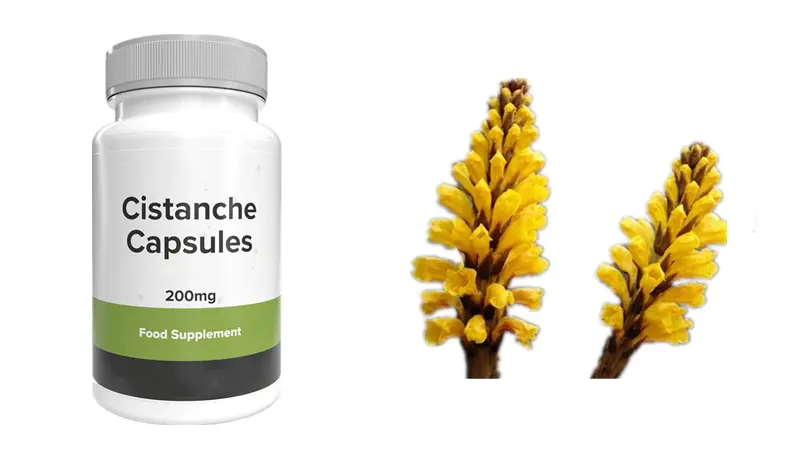
Cistanche capsules
Product Name:Cistanche capsules
Item form:capsules
Specifications: Customized
MOQ: 100 Bottles
Packing: 100bottles/carton or Customized
Certificate: ISO22000; HALAL; KOSHER; FDA
Shipping: Express;Sea; Air
Payment:TT;LC;West Union;Paypal;Alipay
Samples:1 bottle free sample for test
Shelf life: 24 Months in The Cool Dry Place
All of our products can be customized with raw materials and finished products such as capsules, tablets, pills, and small packaging according to your requirements! Ciyuan can also do free design,OEM packing, and private label. Our plant extract are crafted with your unique needs and are packed with the power of plants.
Reach out to us and Claim your free sample today
What is the Cistanche appearance?
Perennial herb; 40-160 cm tall, mostly underground; leaves on lower stem are dense, broadly ovate or triangular-ovate, 0.5-1.5 cm long and 1-2 cm wide; leaves on upper stem are sparse, lanceolate or narrowly lanceolate, glabrous; inflorescence is 15-50 cm long and 1-2 cm wide; leaves on upper stem are sparse, lanceolate or narrowly lanceolate, glabrous; spike inflorescence is 15-50 cm long; bracts are linear-lanceolate or lanceolate, often longer than corolla; bracteoles are ovate The calyx is lanceolate or lanceolate, nearly as long as the calyx; the calyx is campanulate, with 5 shallow lobes; the corolla is tubular-campanulate, 3-4 cm long, with 5 lobes, nearly semicircular; the corolla is light yellow, the lobes are light yellow, light purple or light purple at the edges, and brown after drying; the filaments are wrinkled and long-haired at the base; the anthers have a sharp tip at the base and are wrinkled and long-haired; the ovary has nectaries at the base; the style is inflexed at the top; the capsule is ovoid, 1.5-2.7 cm long, with a persistent style at the top; the seeds are 0.6-1 mm long. [2]
What benefits does Cistanche Tubulosa Capsules have for humans?
Cistanche deserticola, a traditional tonic herb known as the "desert ginseng," has multiple active ingredients that regulate multiple human systems. Modern research further validates its value in health maintenance. The following details its benefits from various perspectives:
Immune System and Anti-Fatigue Effects
Immunity Enhancement: Cistanche deserticola contains polysaccharides and phenylethanoid glycosides, which activate macrophages and lymphocytes, promote immunoglobulin production, and thus enhance the body's defenses against pathogens and reduce the risk of infection.1 Its polysaccharides and other components also help improve the body's resistance to viruses, reducing the incidence of colds and other illnesses.
Fatigue Relief: Cistanche deserticola's active ingredients, such as echinacoside, enhance mitochondrial function, optimize energy metabolism, reduce post-exercise lactic acid accumulation, and alleviate physical fatigue. For those who engage in prolonged mental or physical exertion, it can help improve endurance and recovery. Its rich antioxidant content also helps scavenge free radicals, contributing to its anti-fatigue effects.
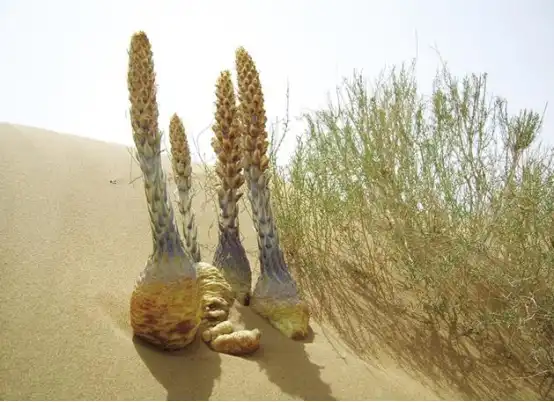
Digestive and Cardiovascular Benefits
Improving Intestinal Health: The dietary fiber and oligosaccharides in Cistanche deserticola promote intestinal motility, regulate intestinal flora, and alleviate constipation. It increases gastrointestinal motility, promotes intestinal water absorption, and improves constipation. It is particularly suitable for those suffering from physical weakness and constipation in the elderly. Whether consumed alone or combined with herbs such as angelica and Polygonum multiflorum, it provides gentle yet effective relief. Its anti-inflammatory properties can also reduce intestinal mucosal damage, providing some supportive benefits for chronic enteritis or functional dyspepsia.
Cistanche deserticola protects the cardiovascular system: It can reduce low-density lipoprotein cholesterol levels in the blood, inhibit platelet aggregation, and reduce the risk of atherosclerosis. Its antioxidant properties can reduce endothelial damage and have a potential preventive effect on hypertension and coronary heart disease. Additionally, Cistanche deserticola is rich in amino acids, including tryptophan, which promotes dopamine secretion, contributing to mood stability and reducing the risk of heart disease.
Regulates the reproductive system and endocrine system
Men's health: Cistanche deserticola has kidney-tonifying properties, can improve symptoms of impotence and premature ejaculation, and improve sperm quality.
Cistanche deserticola (scientific name: Cistanche deserticola) is a traditional Chinese medicinal herb, primarily found in the arid regions of northwest China. It possesses a wide range of medicinal and health benefits. The following are its main applications and detailed descriptions:
What is the application of Cistanche Tubulosa Capsules?
1. Traditional Chinese Medicine
Kidney Tonification and Yang Enhancement
Cistanche deserticola, known as the "Ginseng of the Desert," is a key herb for tonifying kidney yang and improving essence and blood. It is commonly used to treat impotence, premature ejaculation, weakness in the waist and knees, and infertility caused by kidney yang deficiency. It is often combined with Rehmannia glutinosa and wolfberry (such as in the classic formula "Cistanche deserticola Pills").
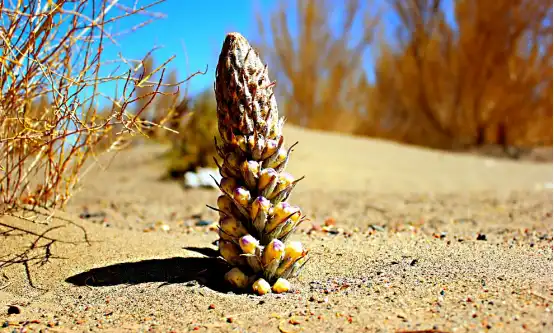
Intestinal Moisturization and Laxative
Rich in dietary fiber and phenylethanoid glycosides, it can relieve constipation caused by blood and body fluid deficiency. It is particularly suitable for the elderly and those experiencing postpartum weakness (such as in the formula "Jichuan Decoction").
Anti-Aging and Antioxidant Effects
Modern research indicates that ingredients in Cistanche deserticola, such as echinacoside and verbascoside, can scavenge free radicals, slow cell aging, and improve memory loss (used as an adjunctive treatment for Alzheimer's disease).
2. Health Foods and Functional Products
Immune Enhancement
It is often used as an ingredient in tonic health supplements, such as oral liquids and capsules, to help regulate immune system function.
Anti-Fatigue Effect
It is suitable for athletes or those who experience high physical exertion, relieving fatigue by improving energy metabolism.
Endocrine Regulation
It has an auxiliary conditioning effect on menopausal syndrome in women and sexual dysfunction in men.
3. Modern Medical Research Applications
Neuroprotection
Experiments have shown that its extract has potential protective effects against neurological damage, such as Parkinson's disease and cerebral ischemia.
4. Other Applications
Food Additive
Due to its natural active ingredients, it is used in small quantities in medicinal foods or functional beverages (such as kidney-tonifying medicinal wines).
Ecological Value
As a desert parasite, the cultivation of Cistanche deserticola helps prevent wind and sand, providing both economic and ecological benefits. Precautions
Contraindications: Use with caution in those with yin deficiency, excessive fire, or constipation caused by excess heat. Long-term use requires medical advice.
Quality Differences: Wild Cistanche deserticola is more effective than cultivated Cistanche deserticola, with those from Inner Mongolia and Xinjiang preferred.
If more specific application scenarios (such as a specific prescription or product) are required, further explanation is welcome.
Reference
1. Han Qinglin, Zhang Fuliang, and Shen Ningdong, ed.; Xie Guanghui and Liu Shouzhong, co-ed.; compiled by the Haixi Prefecture Soil and Water Conservation Prevention and Supervision Station. Botanical Atlas of Haixi Prefecture. Qinghai Nationalities Publishing House. 2019
2. Cistanche deserticola. Flora of China.
3. Zou Yunguo. Medicinal Use: A Guide to Soldiers. Exploring the Secrets of Prescription and Medication. People's Military Medical Publishing House. 2013
4. Chen Shilin. Encyclopedia of Chinese Medicine: Chinese Materia Medica Resources. Peking Union Medical College Press. April 2018
5. Luo Yumin. Natural Herbs: A Long Life. China Medical Science and Technology Press. January 2019
6. Xu Dachun (Qing Dynasty) Original Work. A Colored Illustrated Dictionary of Chinese Shennong's Materia Medica. Inner Mongolia People's Publishing House. 2010
7. Cistanche deserticola. Rare and Endangered Plant System of China.
8. Announcement on Nine New Substances, Including Codonopsis pilosula, That Are Traditionally Both Food and Medicinal Materials. Department of Food Safety Standards, Monitoring and Assessment.
9 Su Jing. Newly Revised Compendium of Materia Medica. Anhui Science and Technology Press. 1981: 177


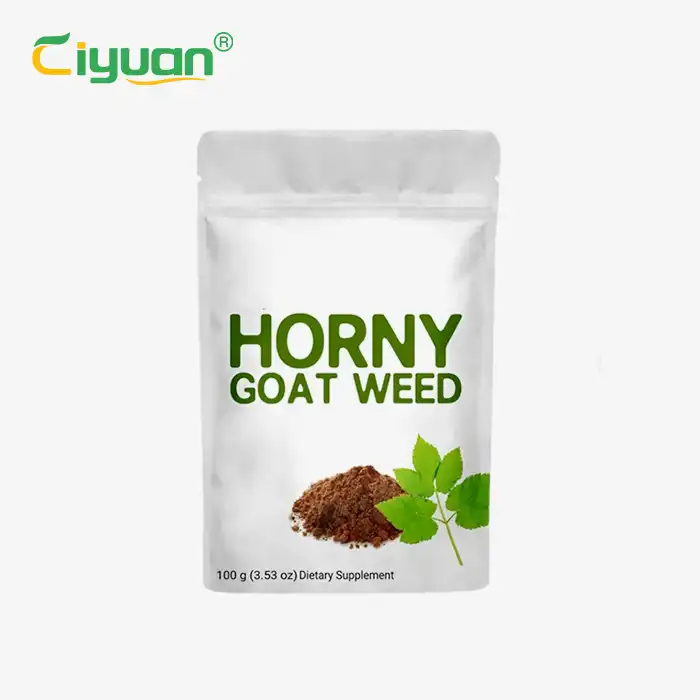
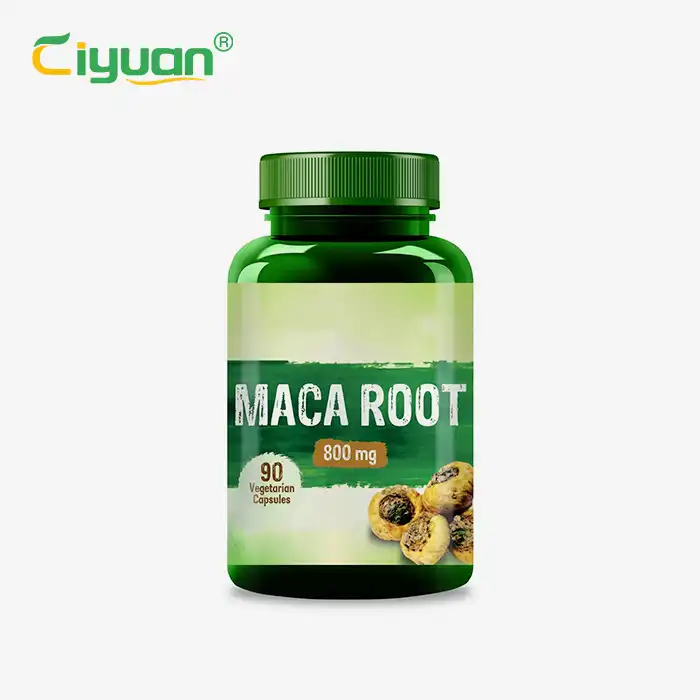
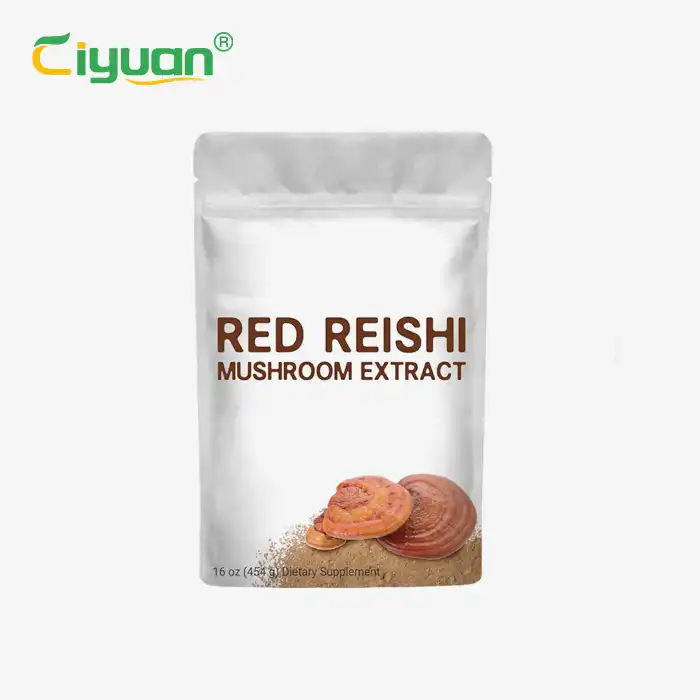





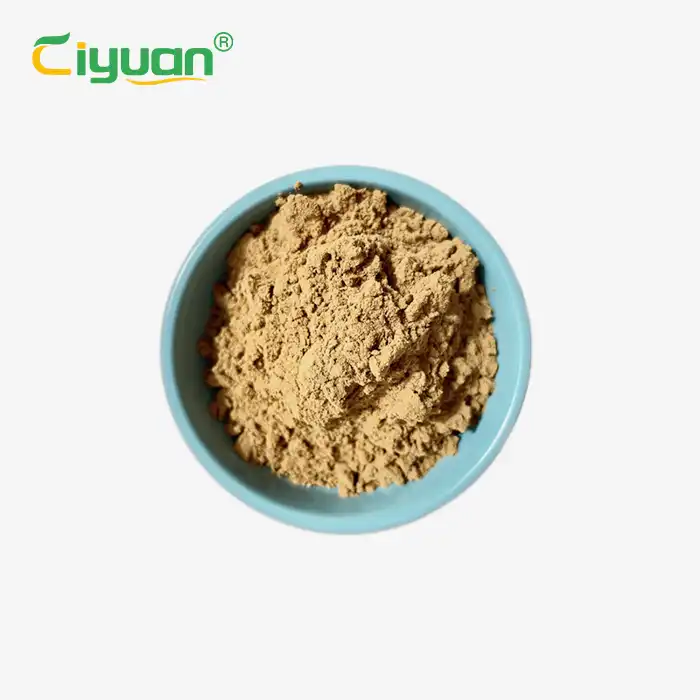
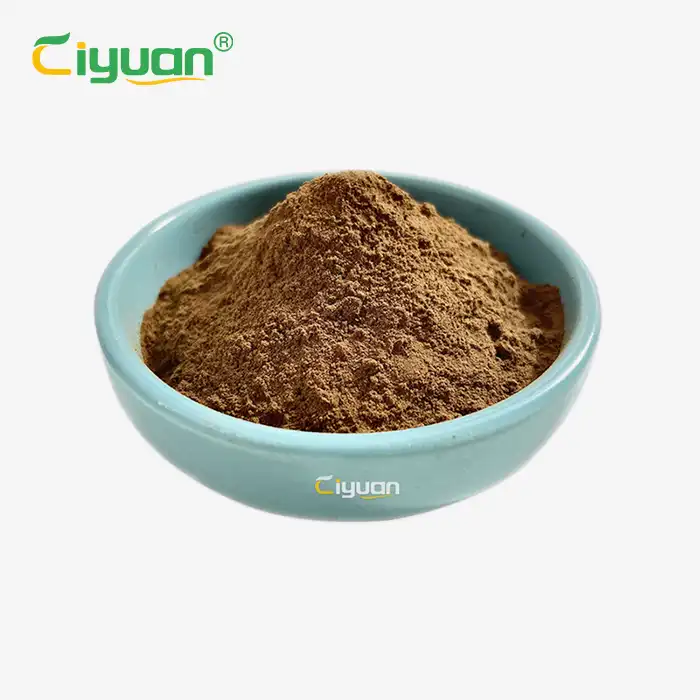
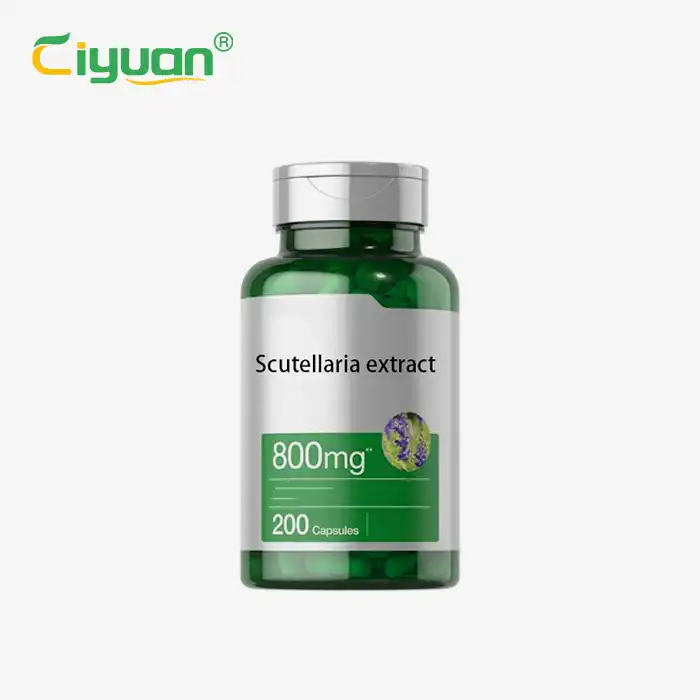
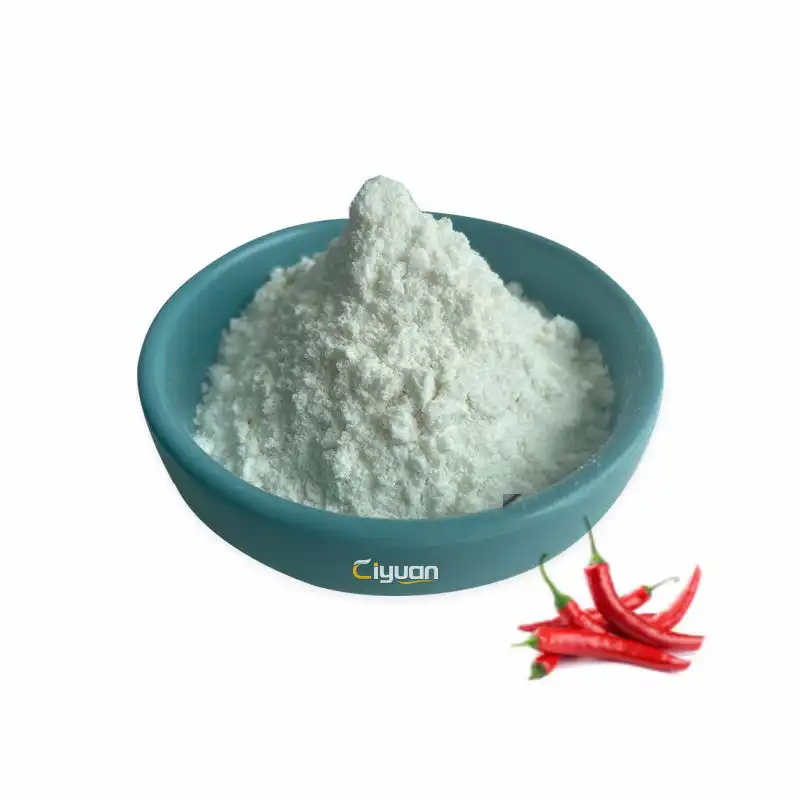
_1753255129933.webp)
_1753777619137.webp)
